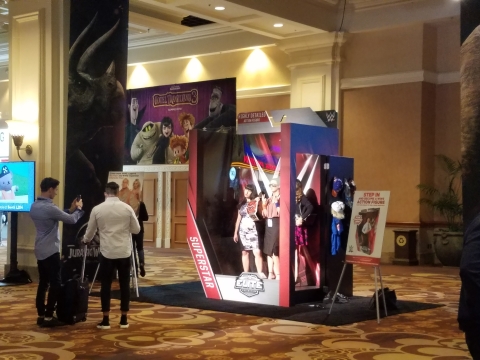Automate or Stagnate?

Some organizations, trade associations in particular, are reluctant to automate their existing event management practices. Others have embraced the idea of optimizing the planning process, realizing both tangible and intangible benefits along the way.
Why some groups wait to automate. There are a number of reasons why event organizers avoid or delay automation:
- Lack of internal expertise to select the appropriate technology
- Perceived risk of selecting the wrong tools
- Budget constraints
- Reluctance to disrupt existing operations
- “If it ain’t broke, don’t fix it” culture within the organization
- Protracted procurement policies and practices
Automation offers significant benefits. The value proposition of event management software platforms is to facilitate efficiencies, resulting in cost savings, reduced error, faster processing, more accurate data, and enhanced sponsorship opportunities. For many planners, faster processing and more revenue equate with having more time to spend with clients, innovate, and grow the event.
The climate for meetings is changing. Lingering economic volatility over the past decade or more (from 9/11 to the Great Recession), government sequestration, the rapid pace of technology and the competition for attendee and exhibitor budgets continue to challenge meeting planners. Such an environment makes it incumbent upon associations to optimize their event operations in order to stay nimble and lean.
Automation provides flexibility. A few weeks before the Academy of Nutrition and Dietetics annual conference, a show coordinator responsible for handling the manual processing of exhibitor contracts left the association, leaving the team understaffed for the scheduled on-site exhibit space allocation. Event manager, Katie Burke, immediately added electronic booth sales capabilities to the Academy’s existing event management software package provide by a2z, saving 60 to 100 man-hours and achieving an on-site renewal rate of 63%.
In the end, according to automation experts, organizations may not have a choice. The number of successful groups going in the opposite direction—from automated to manual operations—is exactly zero. One need only look at the pace of change outside the event industry to understand that the price of maintaining the status quo could be extinction.


Add new comment